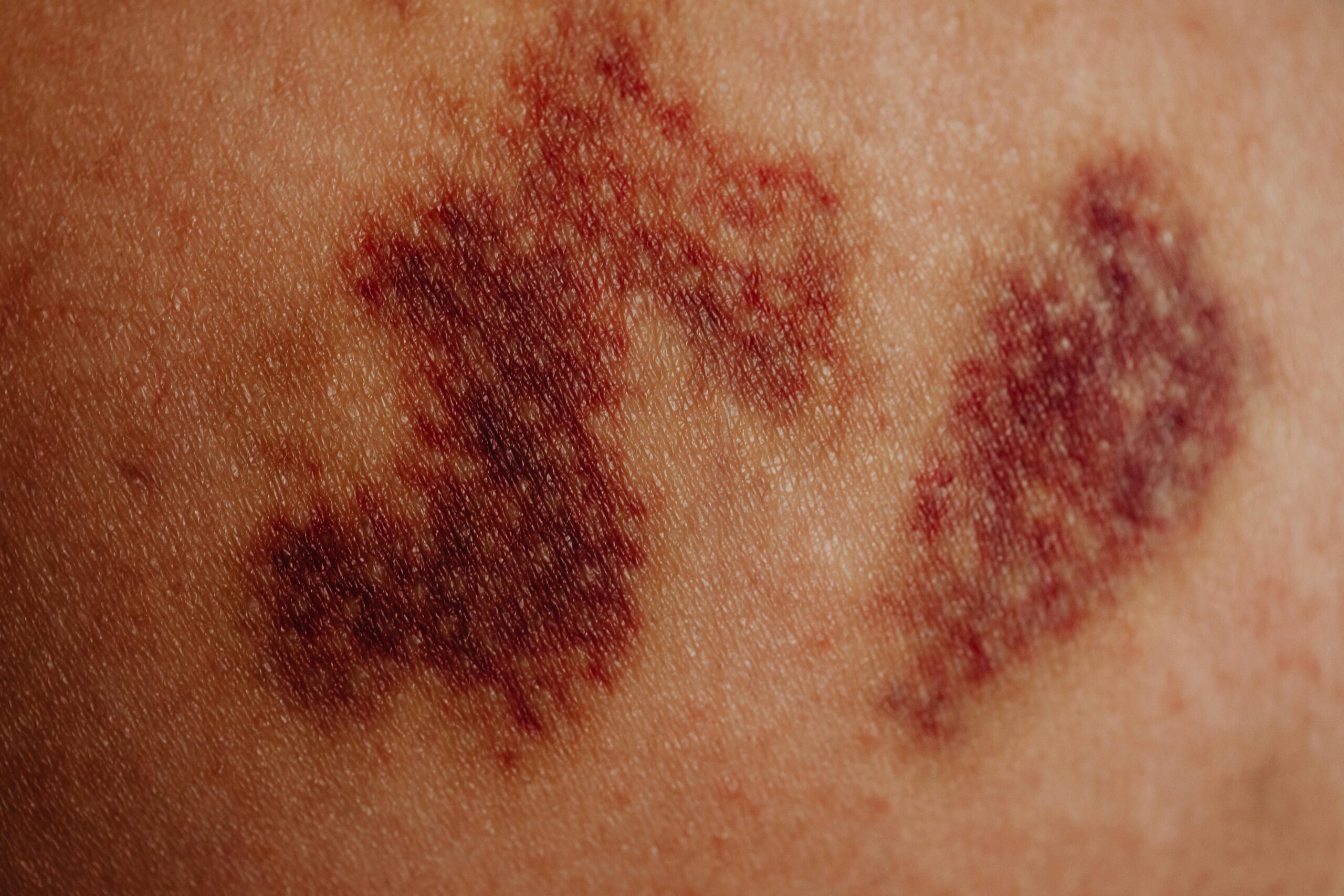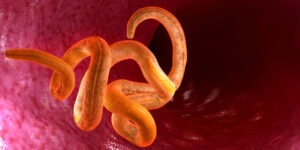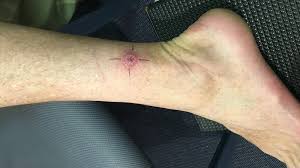Introduction:
Skin diseases affect millions worldwide, causing discomfort, pain, and sometimes even social stigma. Understanding these conditions is crucial for effective management and prevention. In this guide, we’ll explore the top 10 skin diseases, providing detailed insights, tips, and strategies for dealing with them.

Understanding the Basics
Skin diseases encompass a wide range of conditions affecting the skin, ranging from mild irritations to severe disorders. We’ll explore the common types, causes, and risk factors associated with these ailments.
Acne: The Bane of Adolescence
Acne is a prevalent skin condition characterized by pimples, blackheads, and cysts. We’ll delve into the causes, triggers, and effective treatment options for acne, empowering you to achieve clearer, healthier skin.
Eczema: Battling the Itch
Eczema, also known as atopic dermatitis, is a chronic inflammatory skin condition causing redness, itching, and inflammation. Learn about the triggers, types, and management strategies for eczema to alleviate discomfort and improve quality of life.
Psoriasis: Beyond Skin Deep
Psoriasis is an autoimmune disease characterized by rapid skin cell growth, leading to thick, red patches with silvery scales. Discover the underlying mechanisms, triggers, and treatment modalities for managing psoriasis effectively.
Rosacea:Blushing Uncontrollably
Rosacea is a chronic inflammatory condition primarily affecting the face, causing redness, flushing, and visible blood vessels. Uncover the factors contributing to rosacea, along with lifestyle modifications and medical interventions for symptom relief.
Dermatitis:The Itchy, Scratchy Dilemma
Dermatitis refers to inflammation of the skin, often resulting from allergic reactions or irritants. Explore the different types of dermatitis, common triggers, and practical tips for preventing flare-ups and soothing irritated skin.
Hives (Urticaria):
Unpredictable Rash Outbursts
Hives, or urticaria, are raised, itchy welts on the skin triggered by various factors, including allergies, stress, and infections. Learn about the different types of hives, potential triggers, and effective management strategies for alleviating symptoms.

Warts:Dealing with Unwanted Guests
Warts are benign skin growths caused by the human papillomavirus (HPV). Discover the different types of warts, transmission modes, and treatment options, from over-the-counter remedies to medical interventions.
Athlete’s Foot: Fungal Foes
Athlete’s foot is a common fungal infection affecting the skin on the feet, leading to itching, burning, and discomfort. Explore the risk factors, preventive measures, and treatment approaches for combating athlete’s foot effectively.
Cold Sores (Herpes Labialis):The Oral Menace
Cold sores, caused by the herpes simplex virus (HSV), are painful blisters that typically appear around the lips and mouth. Uncover the triggers, transmission methods, and management strategies for reducing the frequency and severity of cold sore outbreaks.
Treatment Approaches:
Topical Treatments: Over-the-counter and prescription creams, gels, and lotions containing ingredients like benzoyl peroxide, salicylic acid, and retinoids can help unclog pores and reduce inflammation.
Oral Medications: Antibiotics, oral contraceptives, and isotretinoin may be prescribed for moderate to severe acne cases to target bacteria, regulate hormone levels, and control oil production.
Topical Therapies: Corticosteroids, vitamin D analogs, and calcineurin inhibitors are commonly used topicals to reduce inflammation and promote skin healing.
Phototherapy: Exposure to ultraviolet (UV) light under medical supervision can help slow down skin cell turnover and alleviate psoriasis symptoms.

Management Strategies:
Trigger Identification: Identifying and avoiding triggers such as spicy foods, alcohol, hot beverages, and extreme temperatures can help minimize rosacea flare-ups.
Topical Treatments: Prescription creams and gels containing antibiotics, azelaic acid, or sulfur can help reduce inflammation and control symptoms.
Moisturization: Keeping the skin well-hydrated with emollients and moisturizers can help alleviate dryness and itching associated with eczema.
Avoidance of Triggers: Identifying and avoiding triggers such as irritants, allergens, and stressors can help prevent eczema flare-ups and minimize symptom severity.
Conclusion:
Understanding, preventing, and treating skin diseases is essential for maintaining healthy skin and overall well-being. By familiarizing yourself with the top 10 skin ailments and implementing proactive measures, you can minimize the impact of these conditions on your life and enjoy clearer, happier skin.



